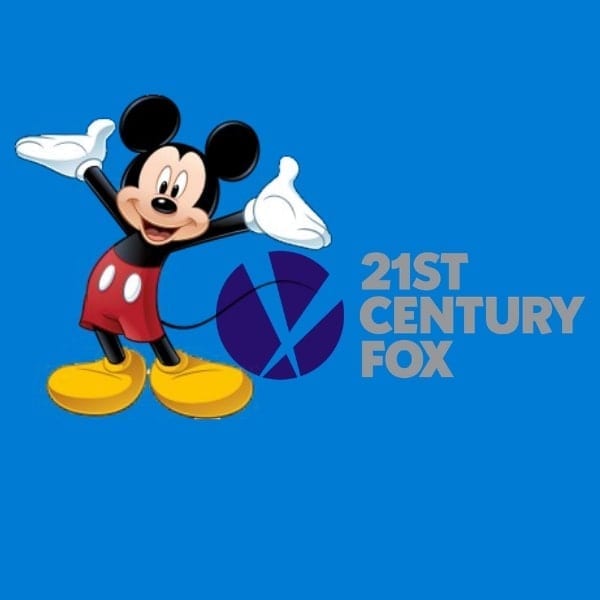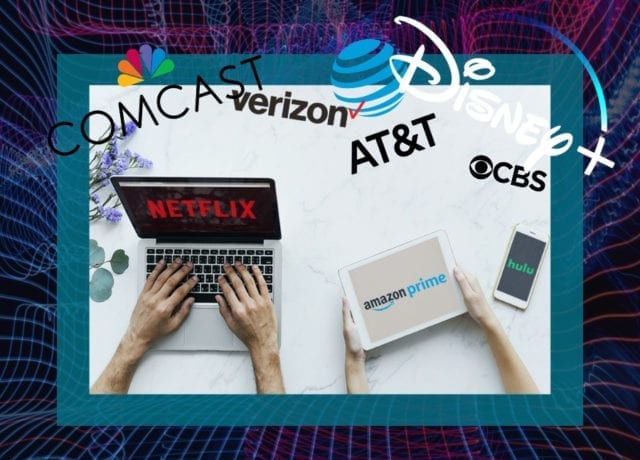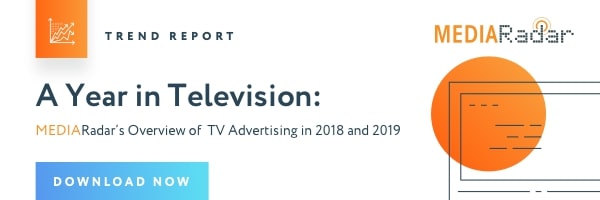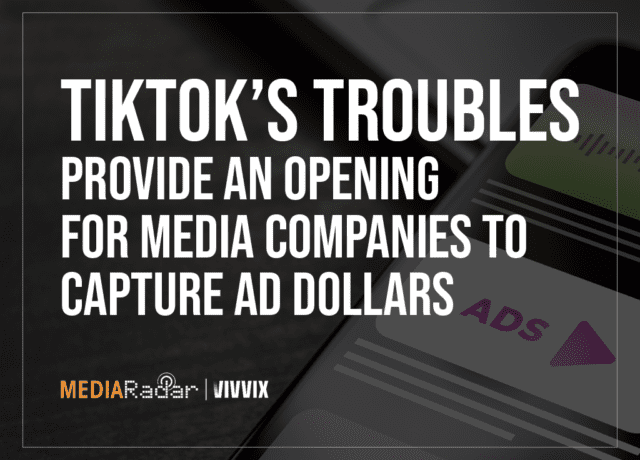Disney now owns some of the biggest franchises in entertainment history, Comcast is taking strikes to become a streaming provider in its own right, and Netflix will soon lose some of its biggest content juggernauts.
Between some of the major entertainment mergers and media distributors launching their own streaming platforms, the shape of streaming TV is set up for some big changes in the near future. Who owns what will affect where people can watch what they want — and how advertisers can best reach them.
Disney+ Undercuts Netflix With an Impressive Catalog of Content
Disney+ was announced more than six months ago, but the buzz surrounding the new streaming platform hasn’t really died down. Adding to the anticipation is the announcement that Disney+ will be just $6.99 per month, undercutting Netflix (which is now $12.99 for the standard plan). The platform will launch in November; consumers and advertisers are both counting down the days.
Disney’s acquisition of most of Fox laid the foundation for this streaming service. “We can see what Disney’s ambition is with this $71 billion move: they want more of a buffet-style lineup that appeals to multiple demographics and holds name brand power,” writes Brandon Katz at The Observer. It’s a buffet-style lineup that will work perfectly with a streaming platform.
Business Insider outlines all of the major franchises and content that Disney owns after the Fox deal. From Pixar movies and Disney’s live-action remakes, to less family friendly favorites like Die Hard and Deadpool – it’s an impressive array.

To maintain its image while continuing to produce more mature feature films, Disney will most likely feature its branded content on Disney+ while pushing Fox content to Hulu. The diverse content will also mean Disney can rake in the advertising dollars on multiple platforms.
Netflix is Facing More Competition Than Ever Before
Netflix isn’t going anywhere. But with the streaming wars well underway, some of the most popular content on Netflix is under threat of being removed from the platform as the content owners become Netflix competitors.
Netflix faced fan backlash after announcing that the hit show Friends would be removed from the platform — AT&T was the new owner after purchasing Time Warner, and had its own streaming plans. After the social media response, Netflix negotiated a $100 million deal with AT&T to keep the show up through 2019.
What happens at the end of this year remains to be seen. Even if they do successfully keep Friends through 2020, Netflix will have another problem in 2021 when its licensing of The Office expires. The Office is Netflix’s #1 show by the number of hours streamed. But since it’s an NBC show, Comcast owns The Office and will be launching its own streaming platform shortly, setting up another headache for Netflix.
And for a future conversation: Netflix will have to face the challenge of competing with major platforms that have the distinct advantage of bringing in ad revenue.
Media Landscape in 2019: Larger Players With More to Offer
In their article for Vox, Rani Molla and Peter Kafka write on the increasingly blurred lines between distribution, content and streaming services. “The media landscape used to be straightforward: Content companies made stuff — TV shows and movies — and sold it to pay TV distributors, who sold it to consumers.” Now, everything’s up for grabs.
Netflix buys content and produces its own. Comcast, a distributor, will soon offer streaming, as will Disney, a content creator. The Vox article lays out the current state of the media landscape. “We’ve created a diagram that organizes distributors, content companies and internet video companies by market cap — the value investors assign to the companies — and their main lines of business,” the authors write.
Source: Vox
But more telling than the shape of the media landscape in this graphic is what Molla and Kafka write at the very beginning of their article: “It probably won’t look like this for long.”
For starters, when Disney bought most of Fox they also took over a majority control of Hulu. With rumors that Comcast may sell their 30 percent share to Disney and Hulu hanging onto its 10 percent stake it bought from AT&T, ownership of one of the biggest streaming platforms looks much different today than it did even a year ago.
With Hulu stakes changing hands left and right, Verizon building its own offerings and CBS making a foray into streaming video, many of these circles will grow or shrink. At the same time, Comca st and Disney will soon add a shade to their own pies as they add their streaming offerings.




